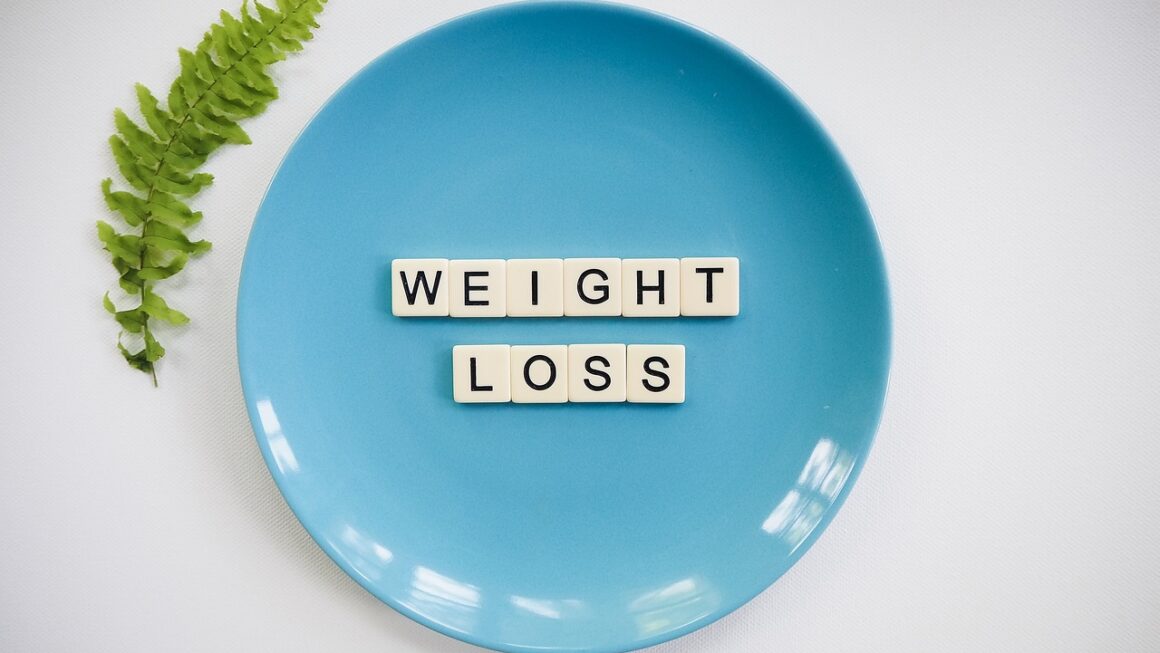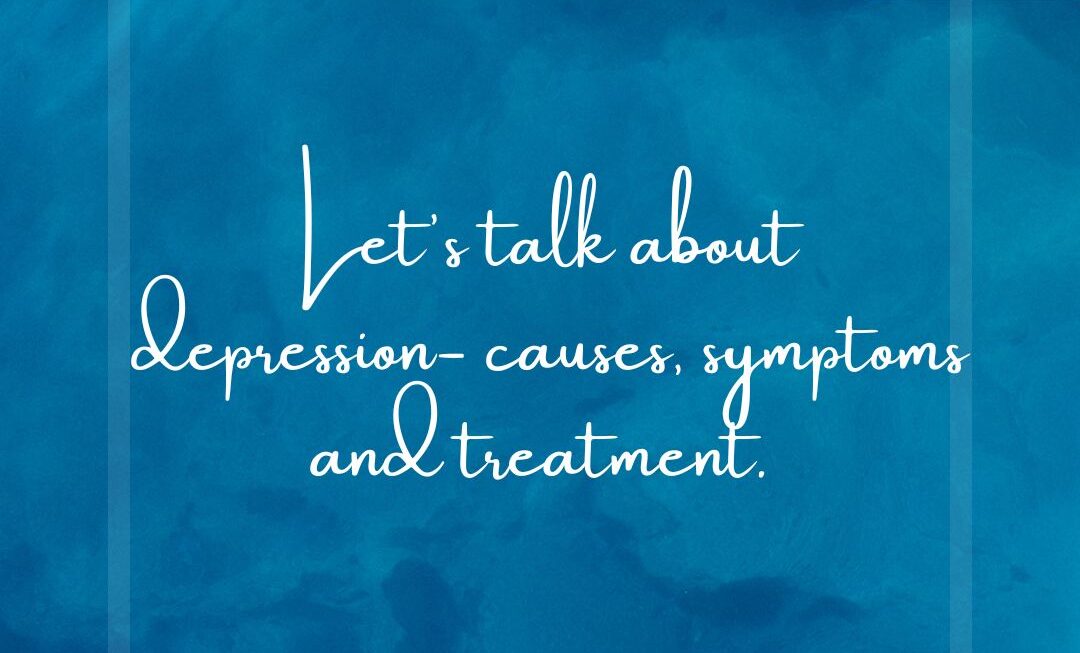Being overweight or obese is one of the major problems in the World. World wide obesity has almost tripled since 1975 as stated by WHO. Until now, obesity continues to be a serious problem and is predicted to reach epidemic levels in near future.
The terms “overweight” and “obesity” refer to body weight that is greater than what is considered normal or healthy for a certain height. People who have obesity usually have too much body fat.
Let’s see what’s healthy and what’s not-
BMI is a way to figure out an approximate level of fat in the body.
Adult Body Mass Index
- If your BMI is less than 18.5, it falls within the underweight range.
- If your BMI is 18.5 to <25, it falls within the healthy weight range.
- If your BMI is 25.0 to <30, it falls within the overweight range.
- If your BMI is 30.0 or higher, it falls within the obesity range
How to calculate your BMI?
Body Mass Index is a simple calculation using a person’s height and weight. The formula is BMI = kg/m2 where kg is a person’s weight in kilograms and m2 is their height in metres squared.
What causes Obesity?
- Increase in the intake of fats and sugar
- Lack of physical activity
- Overeating
- Genetics
- Medications
- Psychological factors

These are some of the major causes of Obesity.
Making people aware of the risks of being overweight or obese can prevent this scenario.
Here are some diseases that you are putting yourself in risk of if you are carrying a lot of extra kilos:
- heart disease
- stroke
- diabetes
- cancer
- arthritis
- hypertension
Losing weight helps to prevent and control these diseases.
It is never too late to lose weight. But the fact is, it is a whole lot easier to prevent putting on kilos than to try losing them later on. And if there is one thing we all know, it is that weight gain is likely to happen if we do not take forward-looking steps to stop it.
The quick weight loss methods which have spread like fire these days do not provide lasting results. More often than not, dieting methods which involve dietary drinks, foods and supplements or pills do not work. If they do, the results are just temporary.
It is better to rely on a healthy weight loss option which will provide lifetime results. You have to set realistic goals and not expect to lose a lot of kilos in a short span of time.
Here are some tips on how you can lose those unwanted kilos the healthy way:
1. Do not starve yourself.
The key to a healthier way of losing weight is do not follow any random diet and starve yourself.
You may seem happy and feel that you are losing those unwanted flabs on your belly and thighs by skipping meals. But remember that this would not last long. Your body cannot tolerate having insufficient food to fuel the energy that you use up everyday.
If you get used to skipping one or two meals a day, your stored calories will be used up instead of the energy that should have been provided by your meals. So if you just eat one huge sandwich in one day, it will end up straight to your problem area (i.e. highs, buttocks, hips).
Skipping a meal is the worst thing you can do if you are trying to control your eating habits and weight.
2. Start your day right.
Mothers always say that breakfast is the most important meal of the day. Have a healthy meal in the morning to jump-start your metabolism.
Your food intake after you wake up will be used to burn fat all day long.
3. Eat small, healthy meals frequently.
Eating more frequently, and in small servings, can prevent overeating. This will also increase your metabolism and make calories burn faster.
Health experts say it would be better to try eating every three to four hours, which may mean a nutritious low-fat snack between lunch and dinner.
When you feel the urge for food coming on, snacking on something healthy is a better alternative.
4. Decide on how much weight you want to lose.
Keep your goals realistic. In the long run, it is virtually impossible for you to lose 10 kilograms in 2 weeks. Have a mindset that you want to eat healthy to stay healthy for the rest of your life.
Once you have decided on a weight loss plan or program, stick to it and make sure that you follow your own set of dieting rules. Keep track of every food you eat and of every activity that you do.
5. Drink lots of water.
Your body needs sufficient water to burn fat and keep your cells hydrated and healthy.
6. Avoid too much sugar.
Plan your meals around lots of fruits and vegetables, rice and protein rich-foods. Sweets, sodas and pastries should be once-in-a-while indulgences only. Or if you can, better avoid it completely and stay away from the “fat-free” trap. The term fat-free can be a trap if you start to believe that you can eat any amount of the foods that are advertised that way.

7. Watch your fat intake.
Fat is not the culprit to being overweight. You need this to keep your weight at the proper level.
We do need healthy fats in our body. Olive, peanuts have them. Tuna, salmon and mackerel have omega-3 fats which is good for the heart.
8. Exercise.
Leave your car if you are only going a few blocks from home, take the stairs instead of the elevator, jog, cycle or skate. Use these activities and other home chores if you are too lazy to go to the gym and take exercise classes. Make sure that you do this regularly and you will not even notice that you are already shedding these mundane activities. Check this article which will guide you in Yoga.

It does not matter how much weight you plan or need to lose. What is important is that you set realistic goals for yourself. Try different things and learn what works for you.
Go slow. Do not rush and burden your body. Sometimes, its okay to rest. The body needs rest to recover. Give yourself a break and distress yourself.
Eat healthy, drink lots of water, have enough sleep and exercise. This will give you a higher chance of losing weight and improving your health, which would result in a new, healthier you.
Eat right, keep moving.


Where there is a will, there is a way.